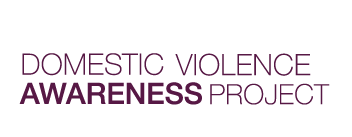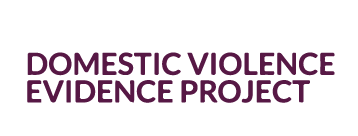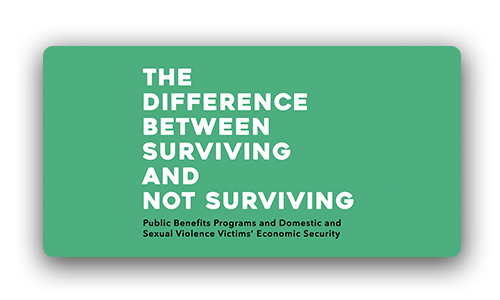 Research, evidence, and evaluation help foster a deeper understanding of domestic violence and intersecting issues and strengthen our ability to develop services, programs, and policies that meet survivors’ needs. NRCDV, working closely with high-caliber researchers and our resource center partners, analyzes, synthesizes, and conducts research to guide the development and implementation of domestic violence policy and practice. NRCDV also identifies and supports evidence-based and promising practices for addressing emerging issues, service gaps and accessibility challenges, system barriers, and successful multidisciplinary partnerships.
Research, evidence, and evaluation help foster a deeper understanding of domestic violence and intersecting issues and strengthen our ability to develop services, programs, and policies that meet survivors’ needs. NRCDV, working closely with high-caliber researchers and our resource center partners, analyzes, synthesizes, and conducts research to guide the development and implementation of domestic violence policy and practice. NRCDV also identifies and supports evidence-based and promising practices for addressing emerging issues, service gaps and accessibility challenges, system barriers, and successful multidisciplinary partnerships.
NRCDV works to strengthen researcher/practitioner collaborations that advance the field’s knowledge of, access to, and input in research that informs policy and practice at all levels. We also identify and develop guidance and tools to help domestic violence programs and coalitions better evaluate their work, including by using participatory action research approaches that directly tap the diverse expertise of a community to frame and guide evaluation efforts.
The Domestic Violence Evidence Project (DVEP) is a multi-faceted, multi-year and highly collaborative effort designed to assist state coalitions, local domestic violence programs, researchers, and other allied individuals and organizations better respond to the growing emphasis on identifying and integrating evidence-based practice into their work. DVEP brings together research, evaluation, practice and theory to inform critical thinking and enhance the field's knowledge to better serve survivors and their families.
The Community Based Participatory Research Toolkit (CBPR) is for researchers and practitioners across disciplines and social locations who are working in academic, policy, community, or practice-based settings. In particular, the toolkit provides support to emerging researchers as they consider whether and how to take a CBPR approach and what it might mean in the context of their professional roles and settings. Domestic violence advocates will also find useful information on the CBPR approach and how it can help answer important questions about your work.
For over two decades, the National Resource Center on Domestic Violence has operated VAWnet, an online library focused on domestic violence and intersecting issues. VAWnet.org has long been identified as an unparalleled, comprehensive, go-to source of information and resources for anti-violence advocates, human service professionals, educators, faith leaders, and others interested in ending domestic and sexual violence.
Safe Housing Partnerships, the website of the Domestic Violence and Housing Technical Assistance Consortium, includes the latest research and evidence on the intersection of domestic and sexual violence, housing, and homelessness. You can also find new research exploring different aspects of efforts to expand housing options for domestic and sexual violence survivors, including the use of flexible funding approaches, DV Housing First and rapid rehousing, DV Transitional Housing, and mobile advocacy.




















